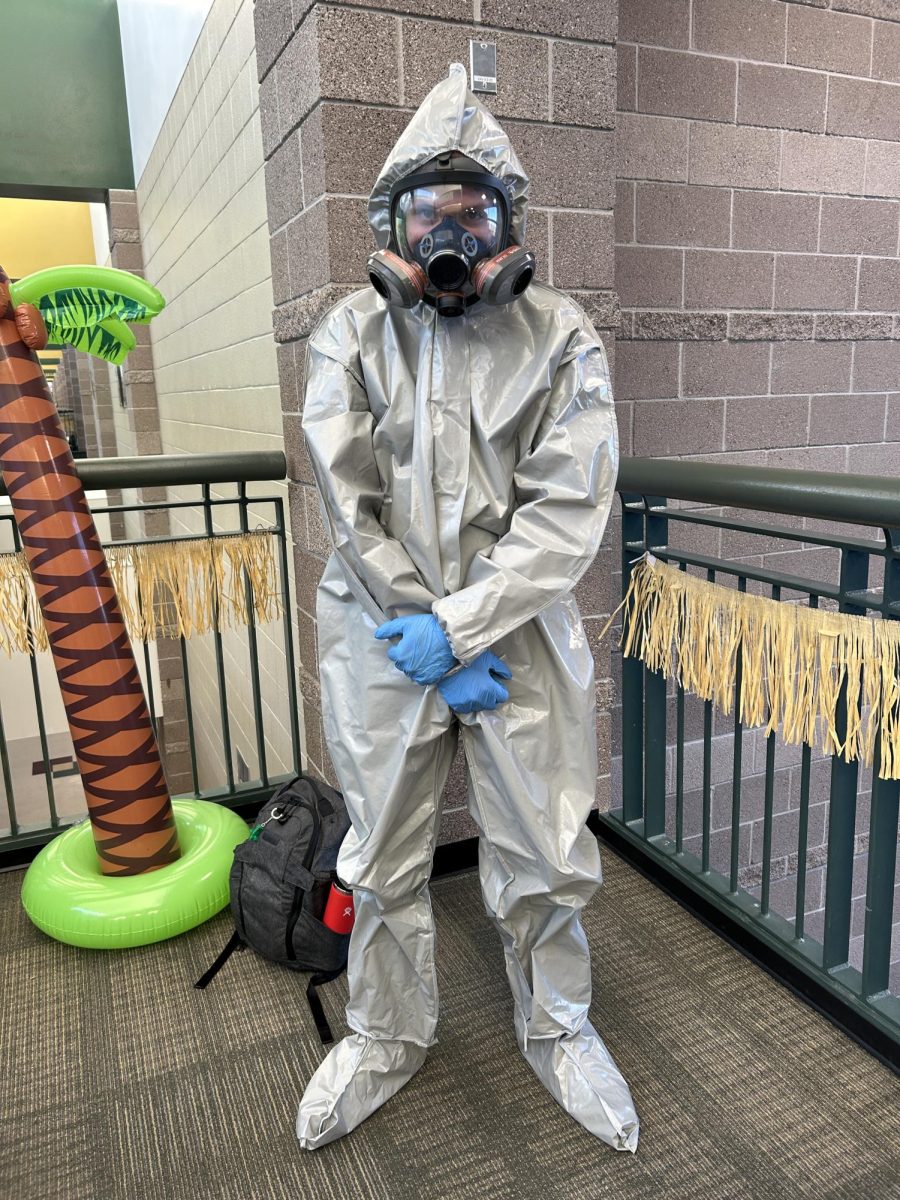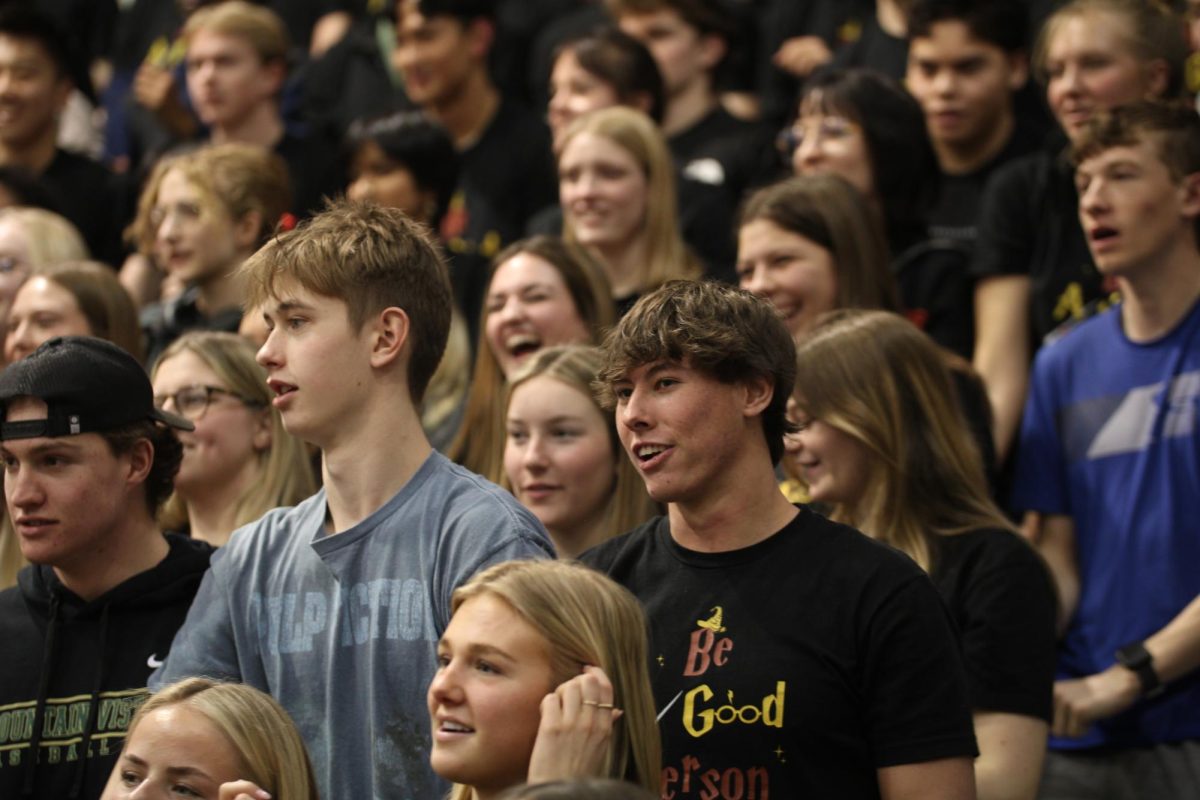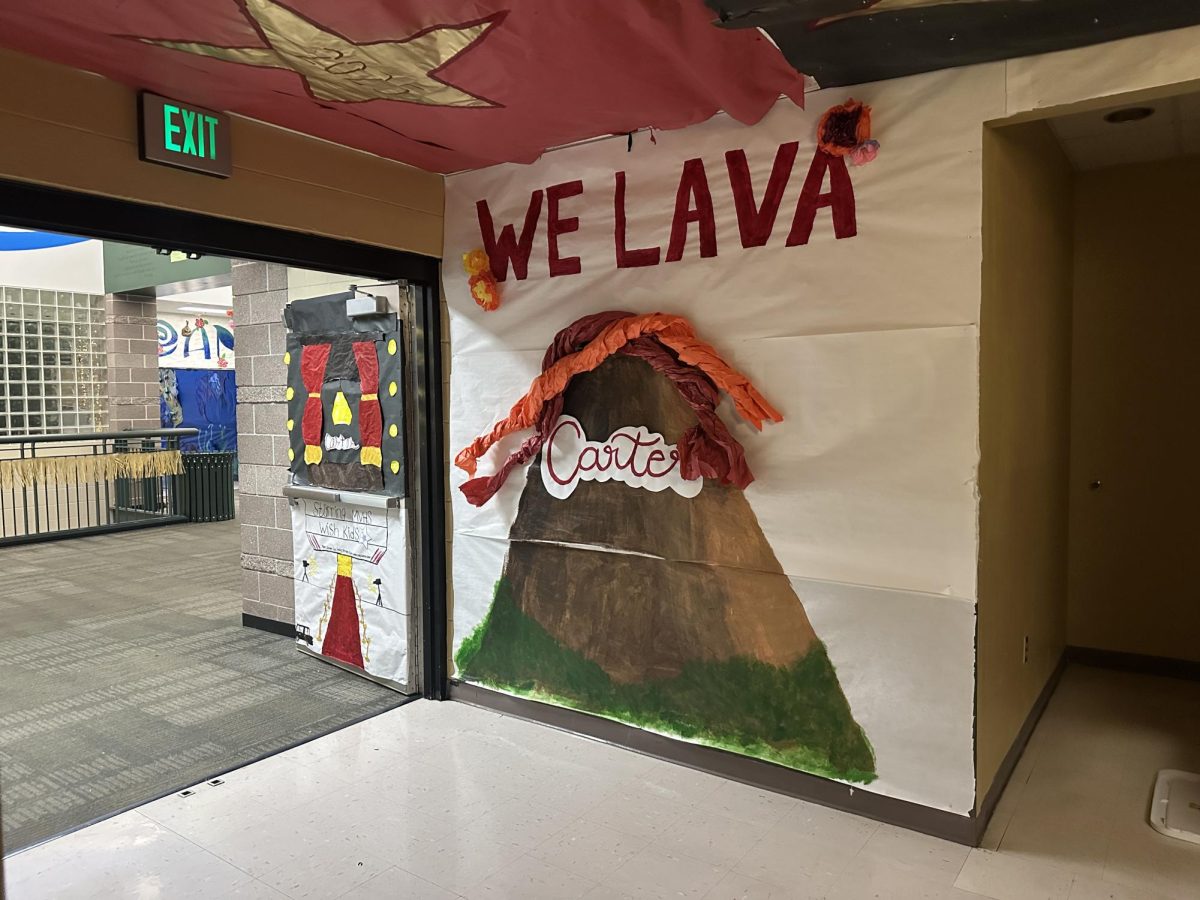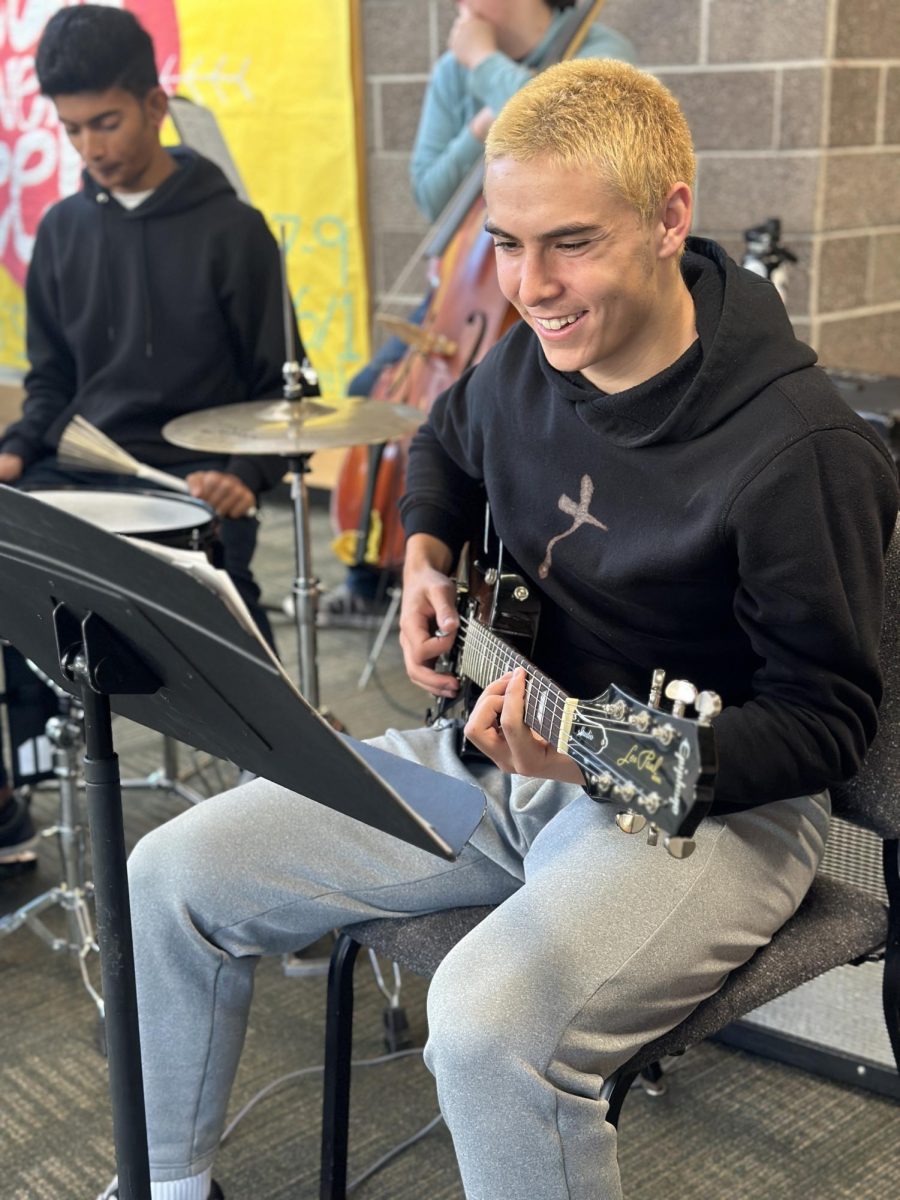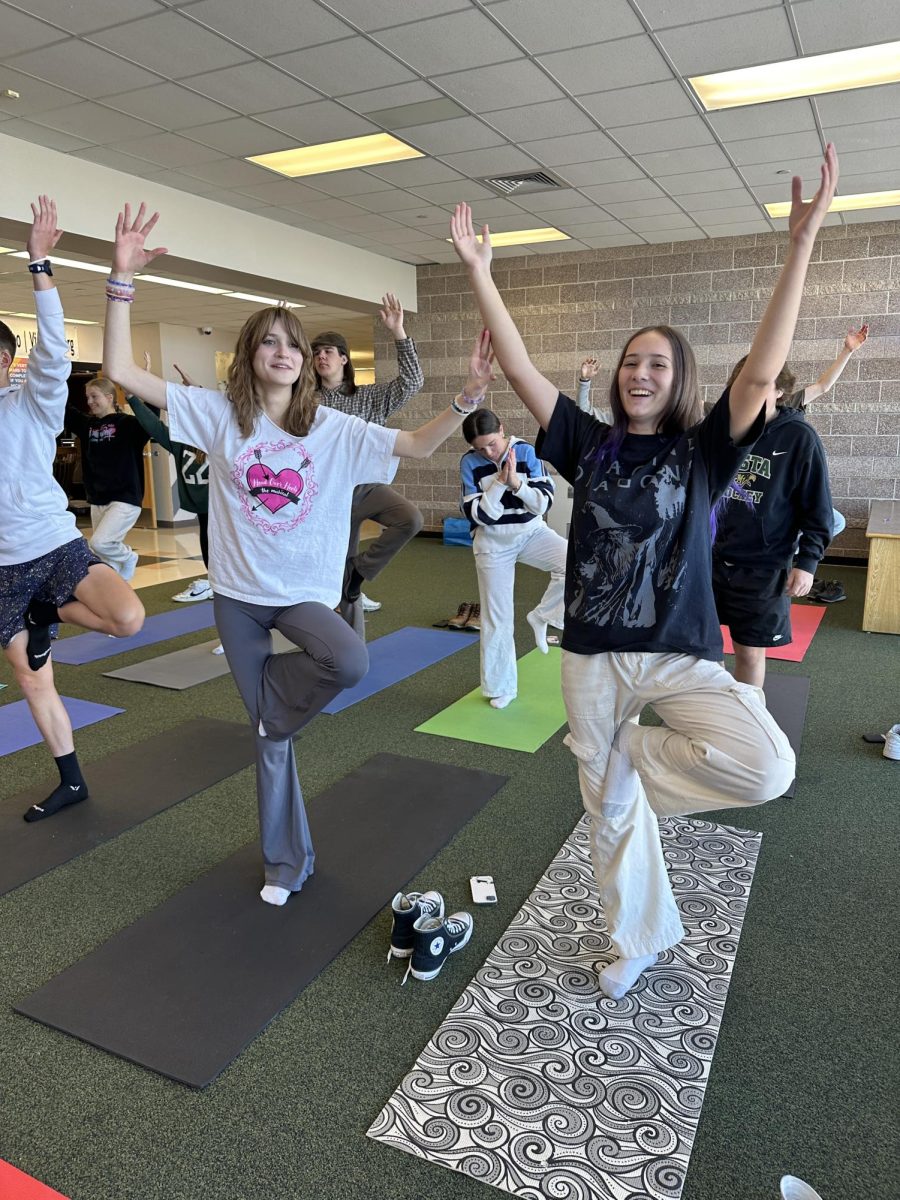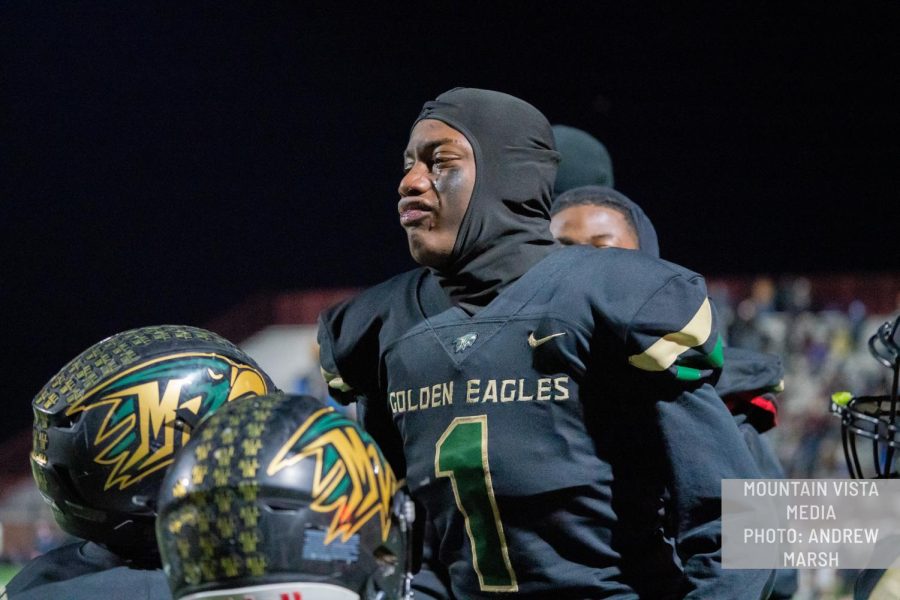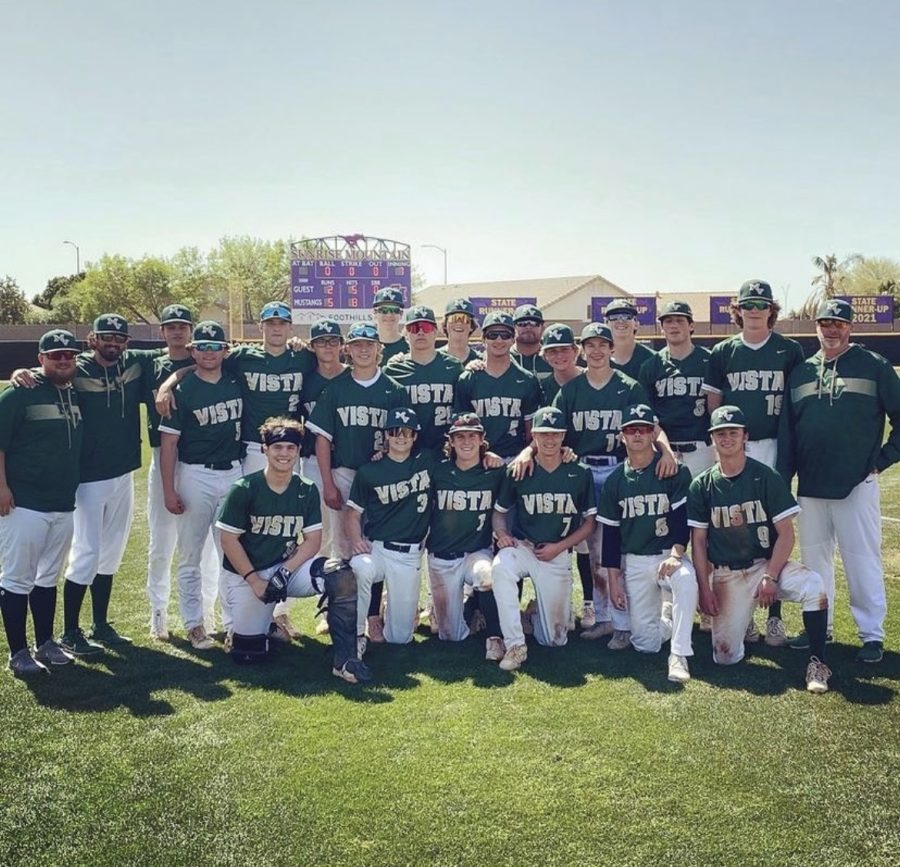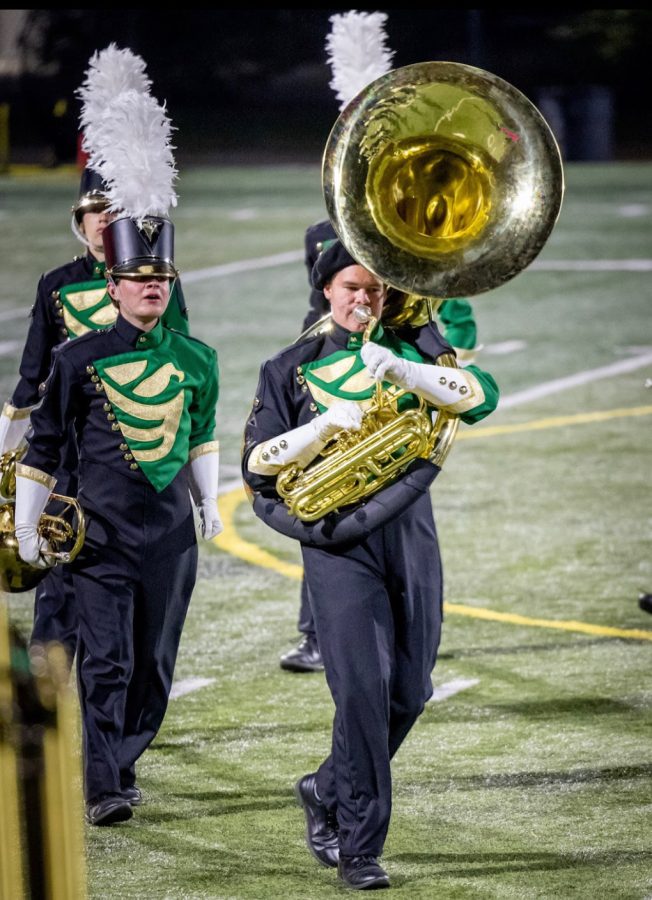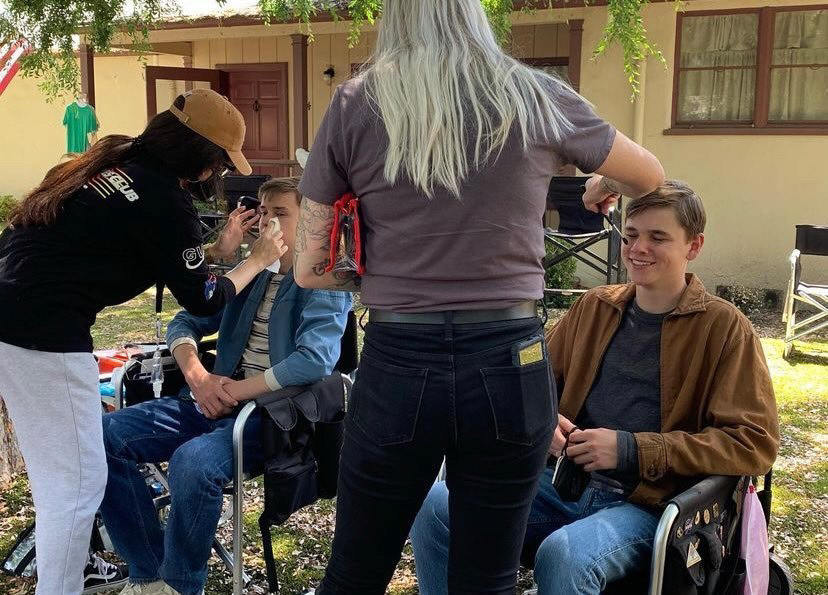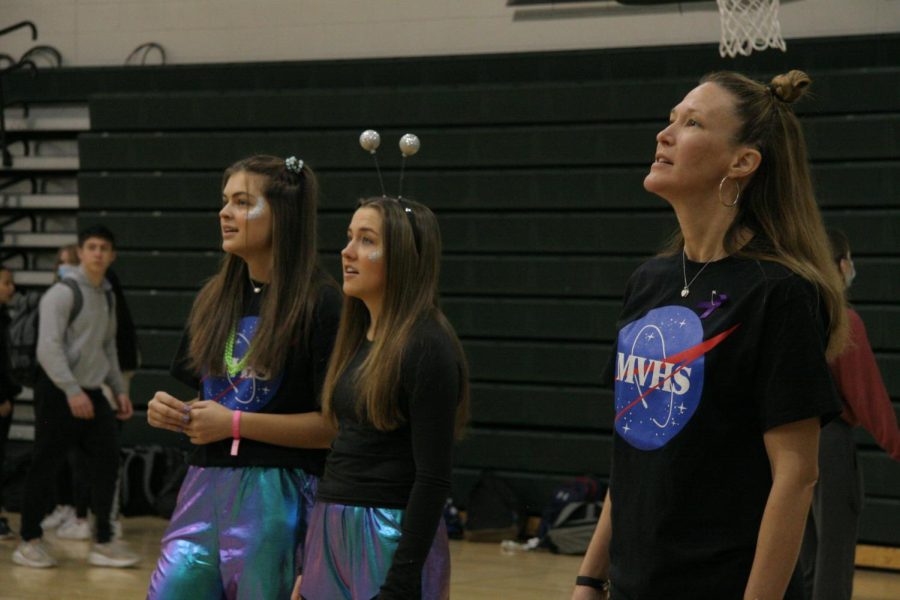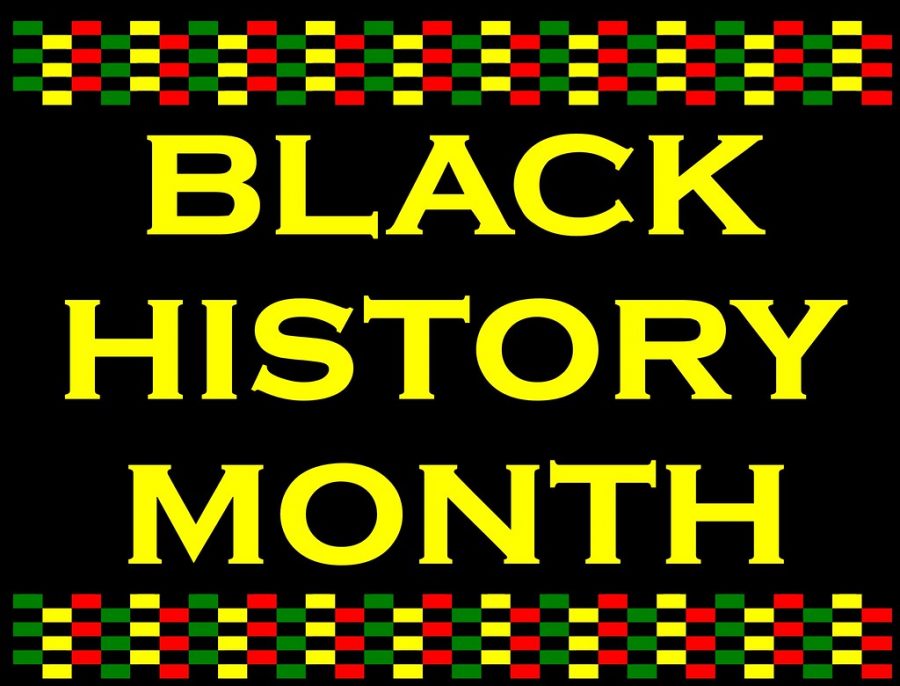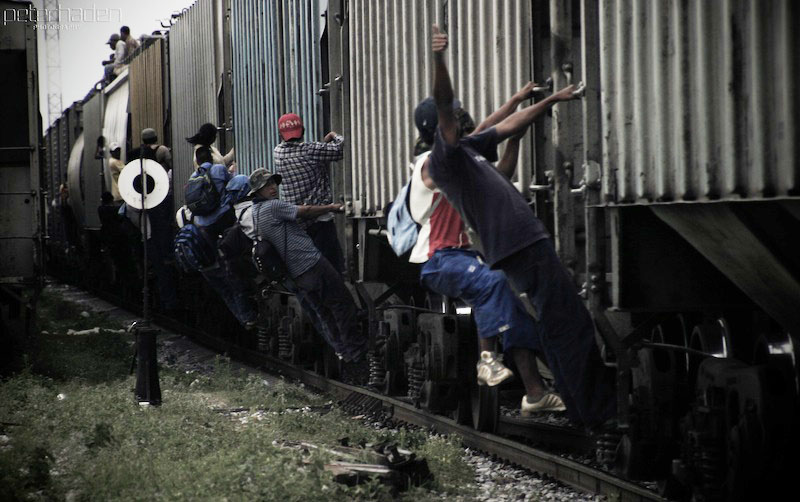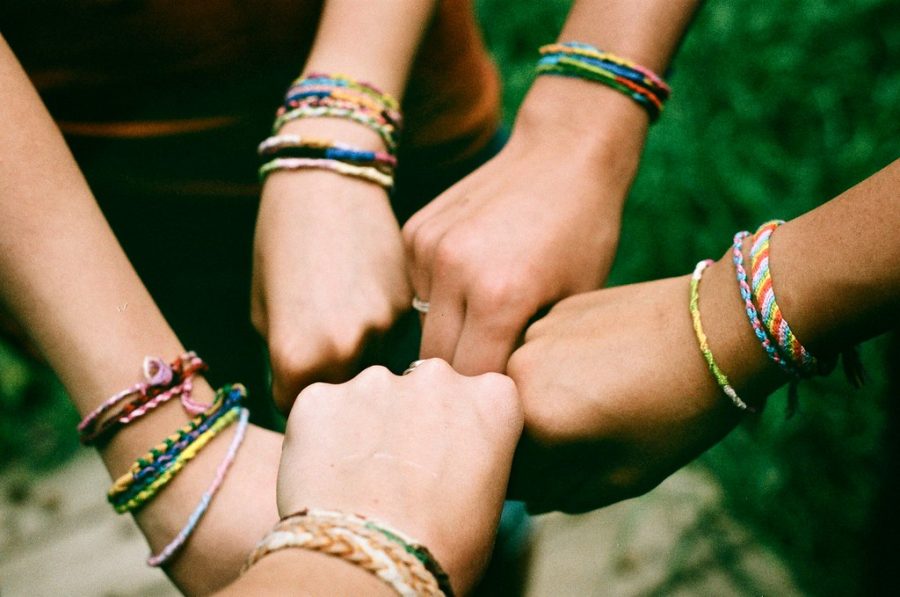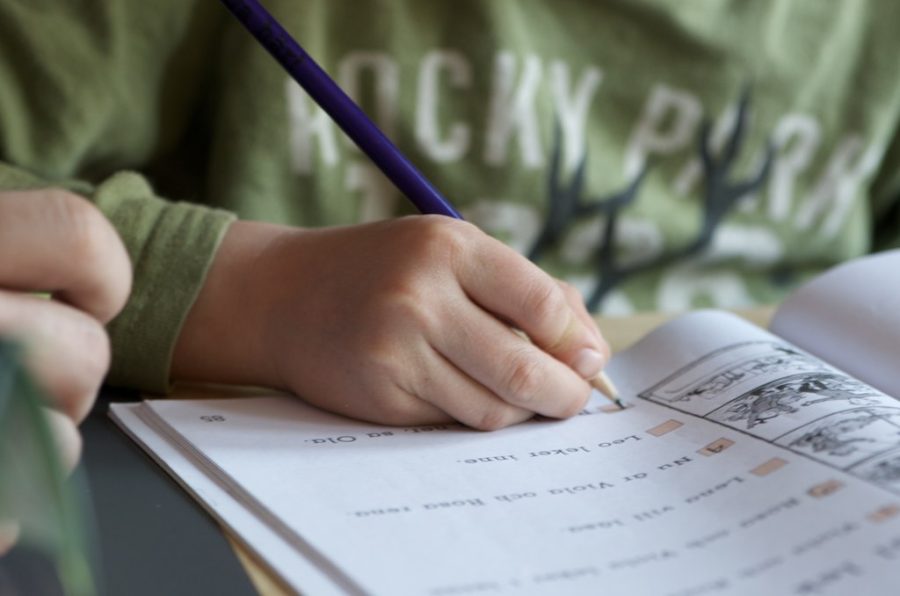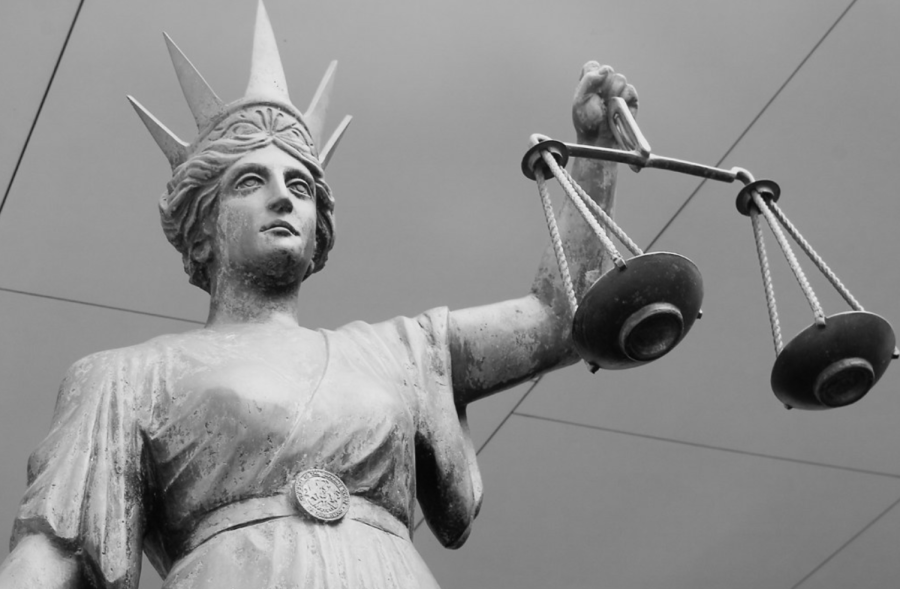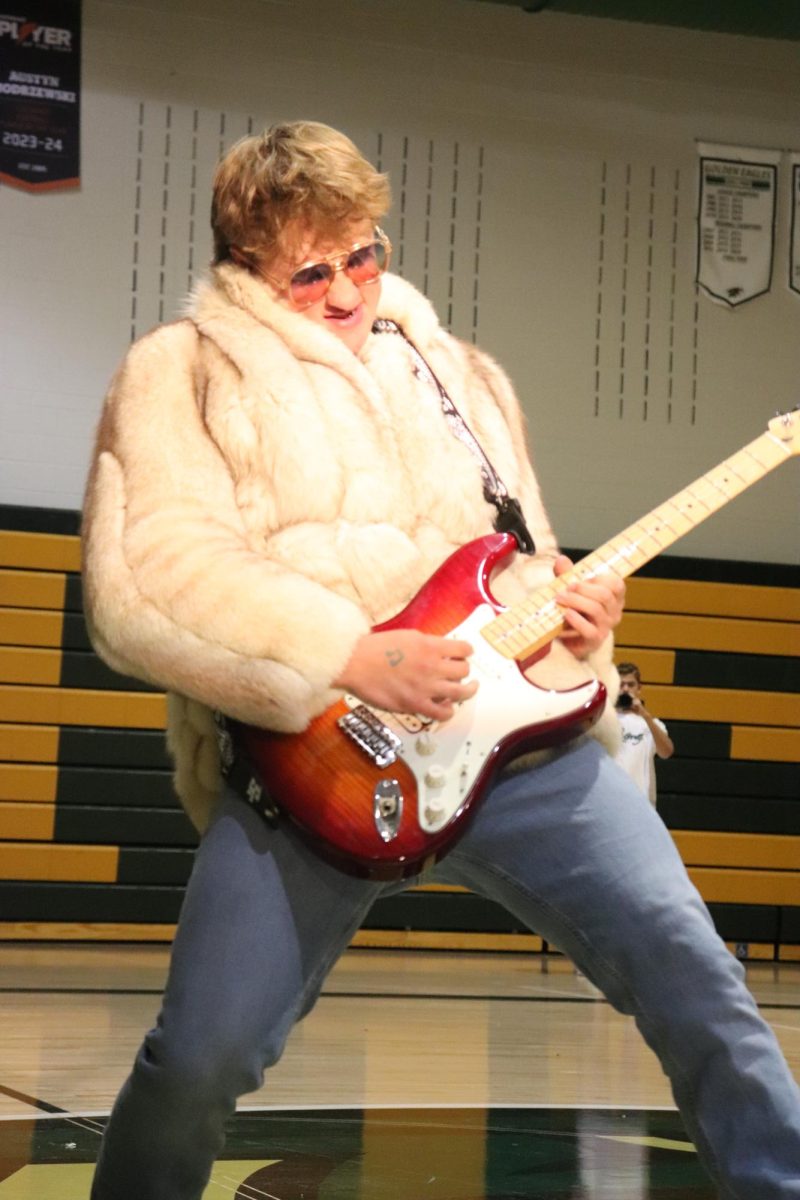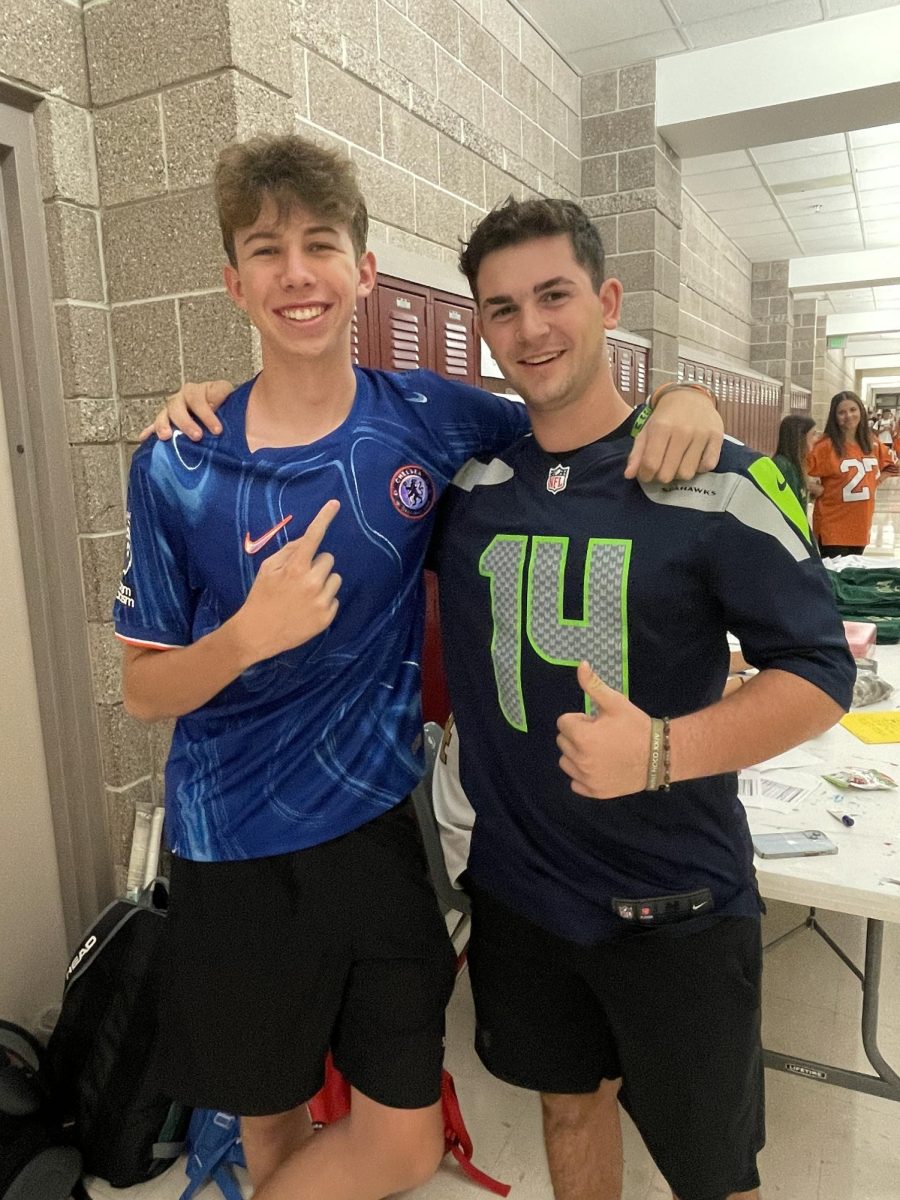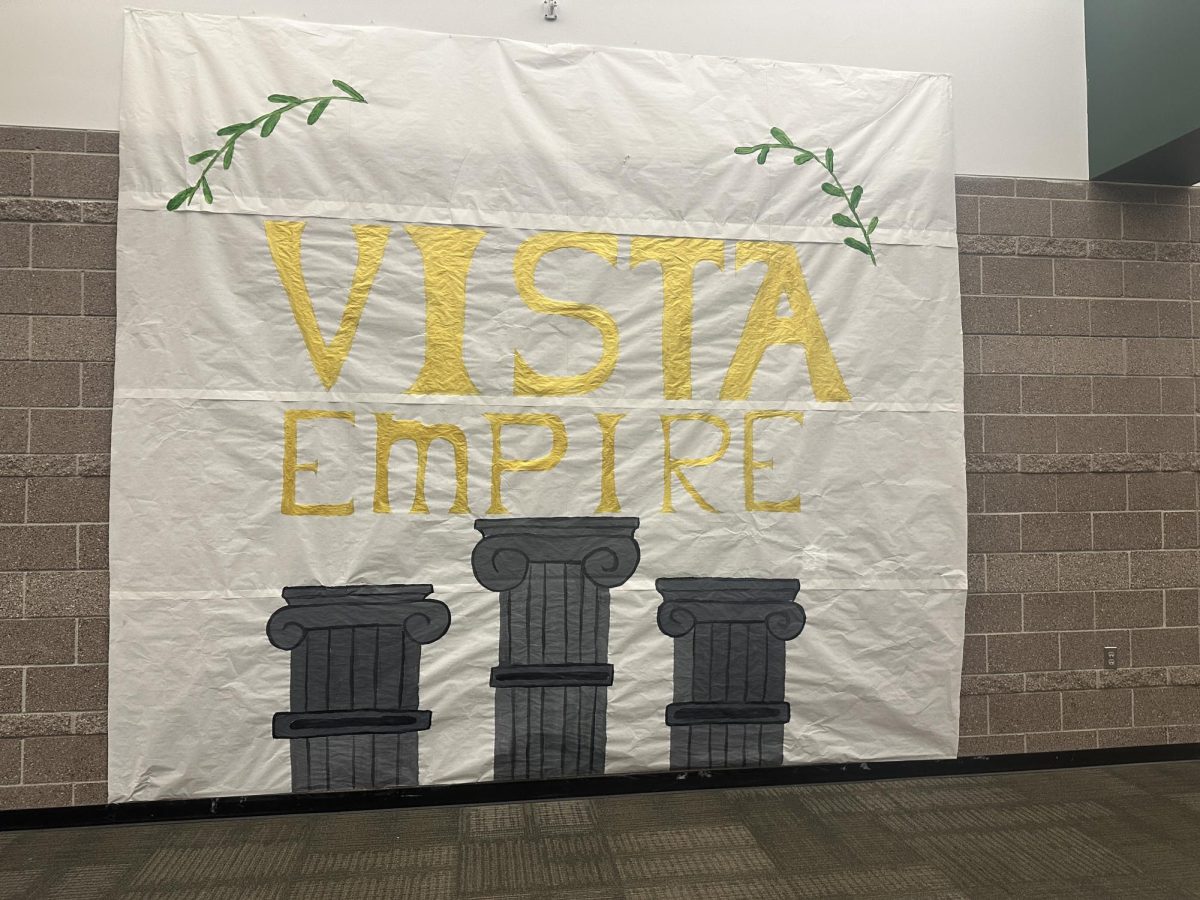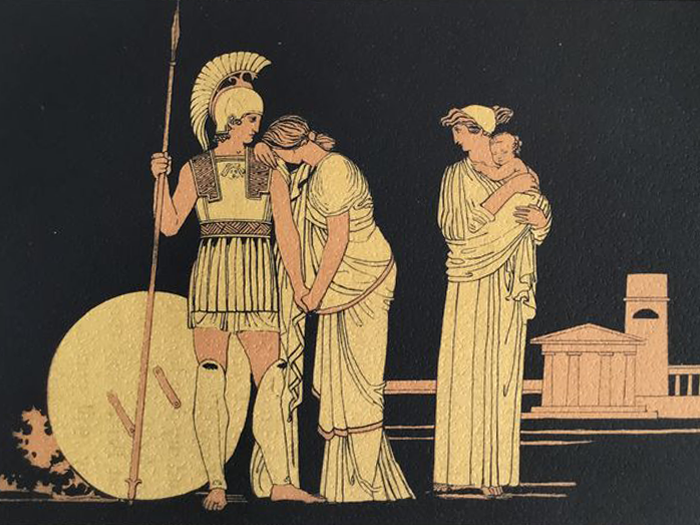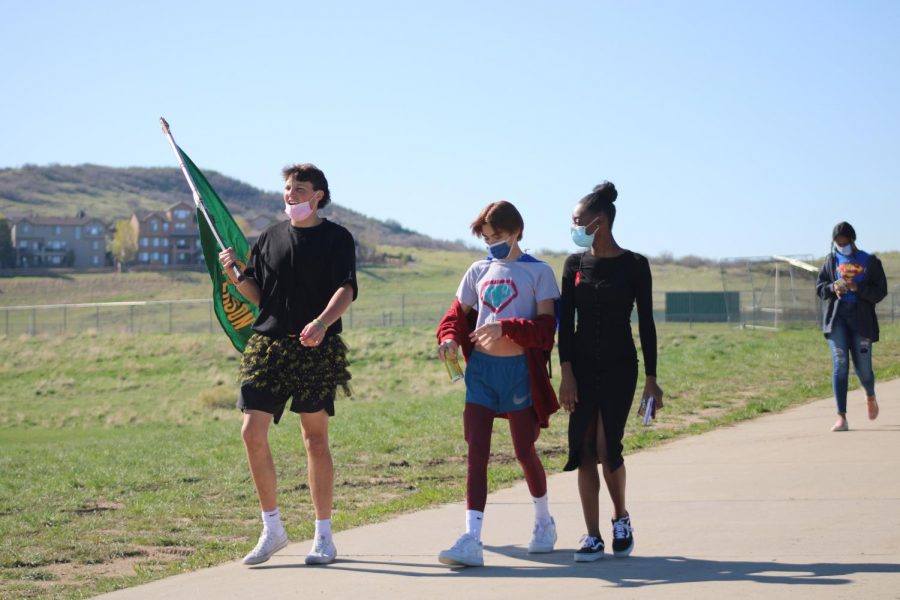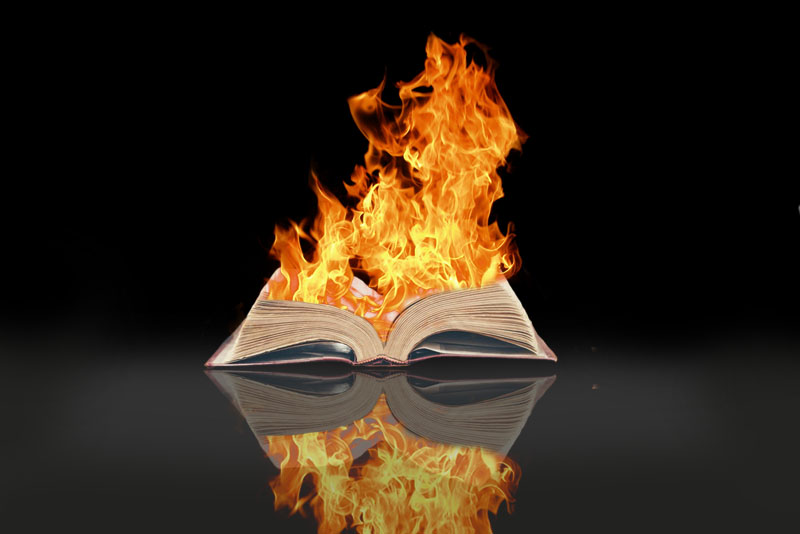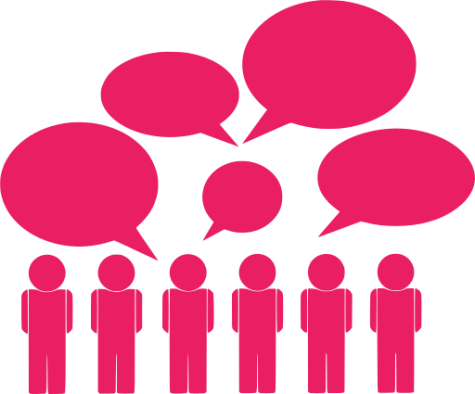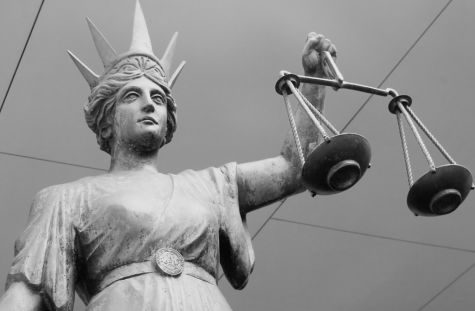The Spark Words Create
//MANDIRA GOWDA//
If there’s any commonalities between generations, it’s literature. For years, authors have written about the faults they see in society and inspire the youth in real life. In the 1920s-1930s, authors took a nihilistic stance and wrote dystopias and fantasies to distract from looming threats. During WWII, authors wrote about the disparities of war and the atrocities of humankind. For our generation, children born in the 1990s-present, authors write about revolution.
Any popular fiction book, ranging from “Harry Potter” to “Divergent,” has one theme in common: a fanatical villain and a courageous hero. The hero starts out as unwilling, as someone who doesn’t want to go on a mission but finds that that they need to in order to defeat a villain. The villain is an extremist in their beliefs, and will do absolutely anything to maintain their control. While these novels may seem like winding fantasies, they almost always represent our society.
As kids grow up with these novels, they begin to make this connection themselves. The author writes the villain in symbolism to today’s society, representing a dictator-like figure laying down an unjust and immoral law. The hero represents the reader, and as the hero fights to defeat the villain, the author inspires the readers to defeat theirs, anywhere from an abusive figure to the government.
Throughout history, the theme of revolution has always been prevalent; it’s not a new idea for the 20th-21st century. In fact, one of American history’s most popular books has generated protests, sparked uprisings, and inspired the power to change the law.: “The Grapes of Wrath” by John Steinbeck. As all AP Literature kids know, “The Grapes of Wrath” documents the migration of protagonists from Oklahoma to California during the Great Depression and the thousands of obstacles they face. While many regard this book to be boring and too slow-moving, it was surprisingly fast-paced in allowing the audience in the 1930s-40s to advocate for themselves and take a stand against an unjust law.
According to Charlotte Ahlin, a writer for Bustle, “The Grapes of Wrath” made many people furious when it first came out, but it soon influenced more people to “advocate for government intervention, and Congress finally passed legislation to help and protect migrant farmers.”
Thousands of books like this, ranging from “Das Kapital” by Karl Marx to “The Wild Fire” by Lung Ying-tai to “Narrative of the Life of Frederick Douglass” by Frederick Douglass, have inspired nations of citizens to stand up against an oppressor for what they believe in.
Yet all of these literature pieces, no matter the time period, only had an impact because their audiences recognized these metaphors as symbols to their own life. In this generation, it’s time we do the same.
Our world is as dystopian as it can get. With political discrepancies and uprisings, totalitarian regimes, global warming, poverty, hunger, gun violence and the threat of disease and war, you name it, we got it. Nearly every single problem our planet faces is modeled in modern young adult literature; nearly every single young adult dystopian novel models current problems our society faces.
As young adults ourselves, it’s time we stand up for our beliefs. As the generation that has the power to change the world, it’s time we take a stand and begin the spark towards a revolution. As the children of the world, it’s time we demand for a change, because it’s our lives on the line. It all begins with literature.

